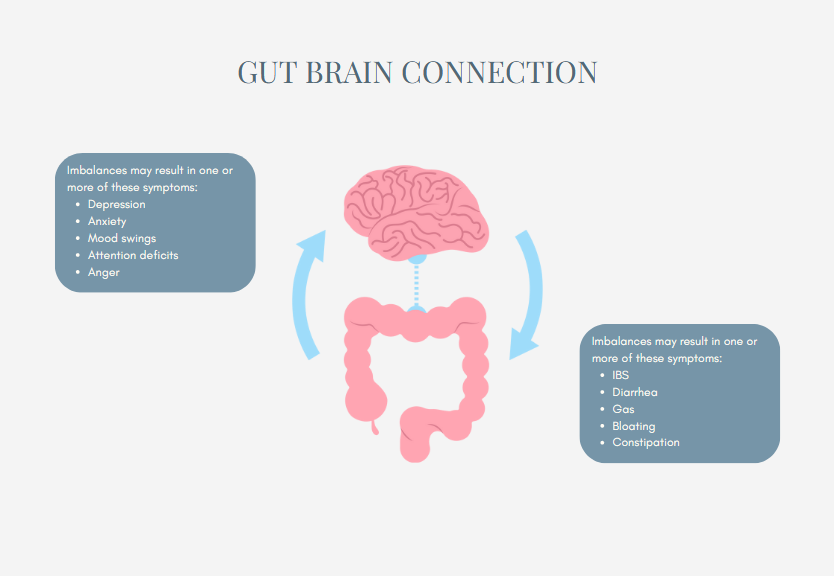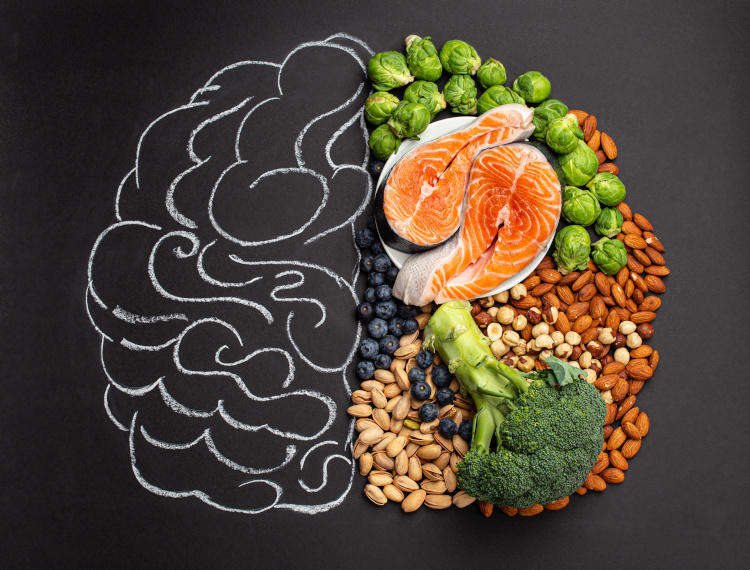Nutritional Psychiatry is an emerging field that explores the connection between diet and mental health. It recognizes the profound impact of nutrition on brain function and emphasizes the importance of a well-balanced diet in supporting optimal mental well-being.
Research has shown that certain nutrients, such as omega-3 fatty acids, B vitamins, and antioxidants play a vital role in brain health and can influence mood, cognition, and overall mental resilience. Nutritional Psychiatry proposes that by addressing nutritional imbalances and incorporating targeted dietary interventions, you can prevent and manage mental health conditions.



